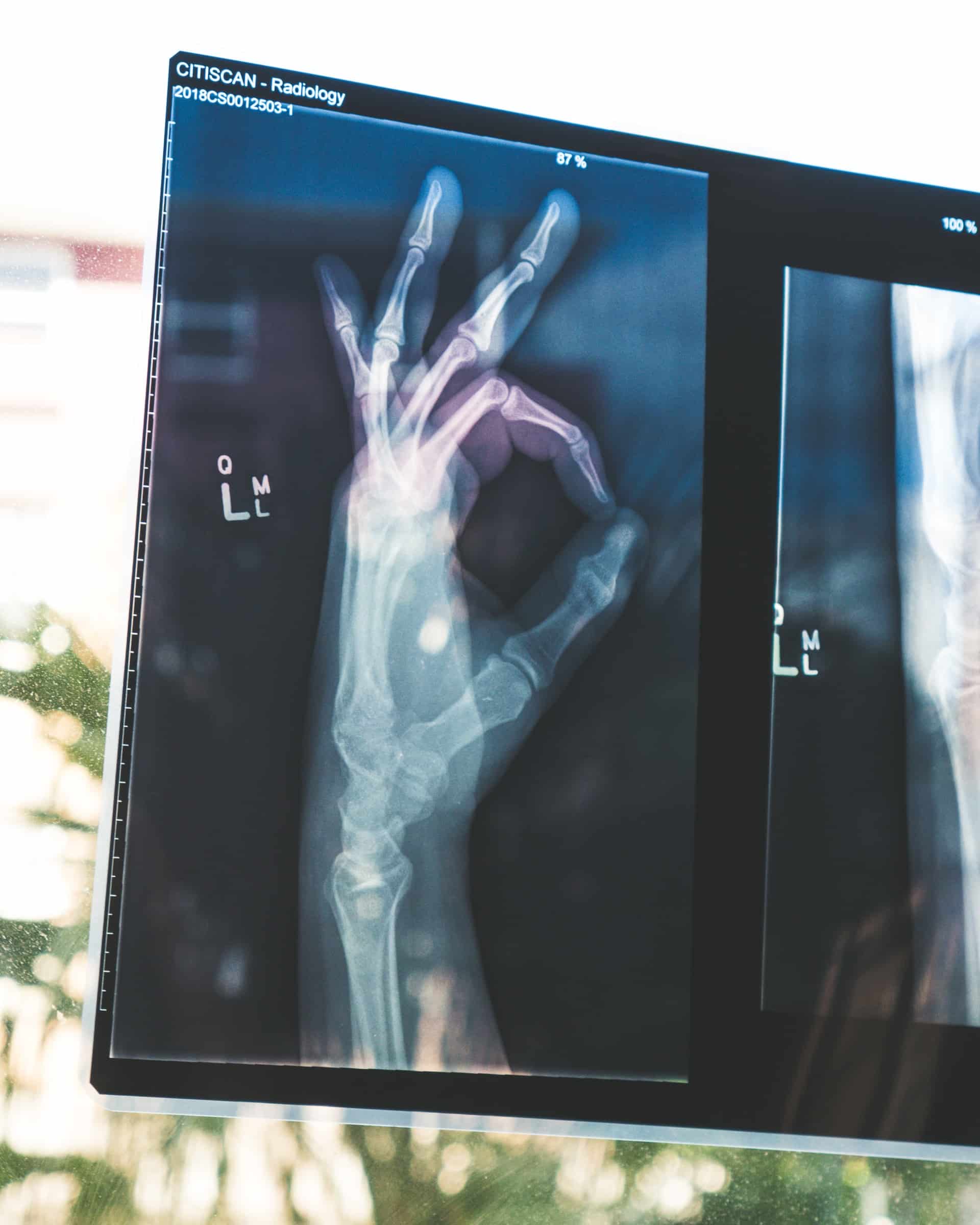Becoming a doctor is no easy feat. It takes a lot of hard work and years of schooling to even sit for the medical boards. As you know, one of the most difficult parts of medical school is all of the exams you have to take, including shelf exams if your program requires them.
While these exams can seem daunting, they don’t have to be. There are plenty of tools you can learn to make passing the National Board of Medical Examiners (NBME) tests and set a student on a path to becoming an incredible doctor.
IMAGE: UNSPLASH
What Are Shelf Exams?
Shelf exams are evaluations of what a student has learned during their clinical rotations. This is a period when the medical student rotates through various specialties, like OB/GYN and Internal Medicine, and learns under licensed doctors. At the same time, they are learning about various medical diagnoses and treatments.
Shelf exams generally take place during the third year of medical school. The exams are not actually required to get a license and aren’t mandatory in all programs, but they’re a popular way to test a student’s knowledge.
They can be incredibly stressful because of the amount of information covered in the questions. Some programs might use them to determine whether a student has passed or failed their clinicals. Their final grade might ultimately be something a residency program looks at to determine whether or not to accept the student.
The exams consist of 110 multiple-choice questions about hypothetical scenarios or cases. The student has to apply what they learned to figure out how to properly respond to the situation. Fortunately, there are tools available to help a person pass.
Test Yourself
Taking NBME shelf practice exams is a very good way to prepare. Although nobody can know what exactly is on a particular exam, these tests are a good way for a student to see where they’re at or what they need to study.
Notes, Notes, Notes
There’s nothing more important than taking complete and thorough notes while participating in clinical rotations. That doesn’t just mean taking notes on the diagnosis and treatment. The key is to take notes that allow the student to actively learn the material. They want to be able to memorize, retain, and apply the knowledge they are learning.
A student should keep detailed notes on every step they take, every bit of knowledge they use, any resources available, and all of the processes they went through to reach the conclusions they made.
The Cornell note-taking method is a wildly popular way for students to retain knowledge. This requires them to split their notebooks into three columns. One column should be used as the note-taking area where they record the information as meaningfully as they can.
In the cue column, they should jot down clues allowing them to reduce their notes to concise bullets of information that allow for reviewing, reciting, and reflecting. Finally, the last column will include a summary of the notes in one or two sentences.
Study On Day 1
Don’t wait until the end of the rotation to start studying for the shelf exam. Start studying from the very first day. Set aside an hour or two at the end of every single day to go over the information learned that day. At the end of each week, review all of the information learned that week.
Use Real-World Experience
Relate the questions when taking the exam to real-world experiences that took place during the clinicals. That’s one of the reasons good note-taking is important. The student can look back on the information and apply it to a situation with a patient.
IMAGE: UNSPLASH
If you are interested in even more lifestyle-related articles and information from us here at Bit Rebels, then we have a lot to choose from.


COMMENTS